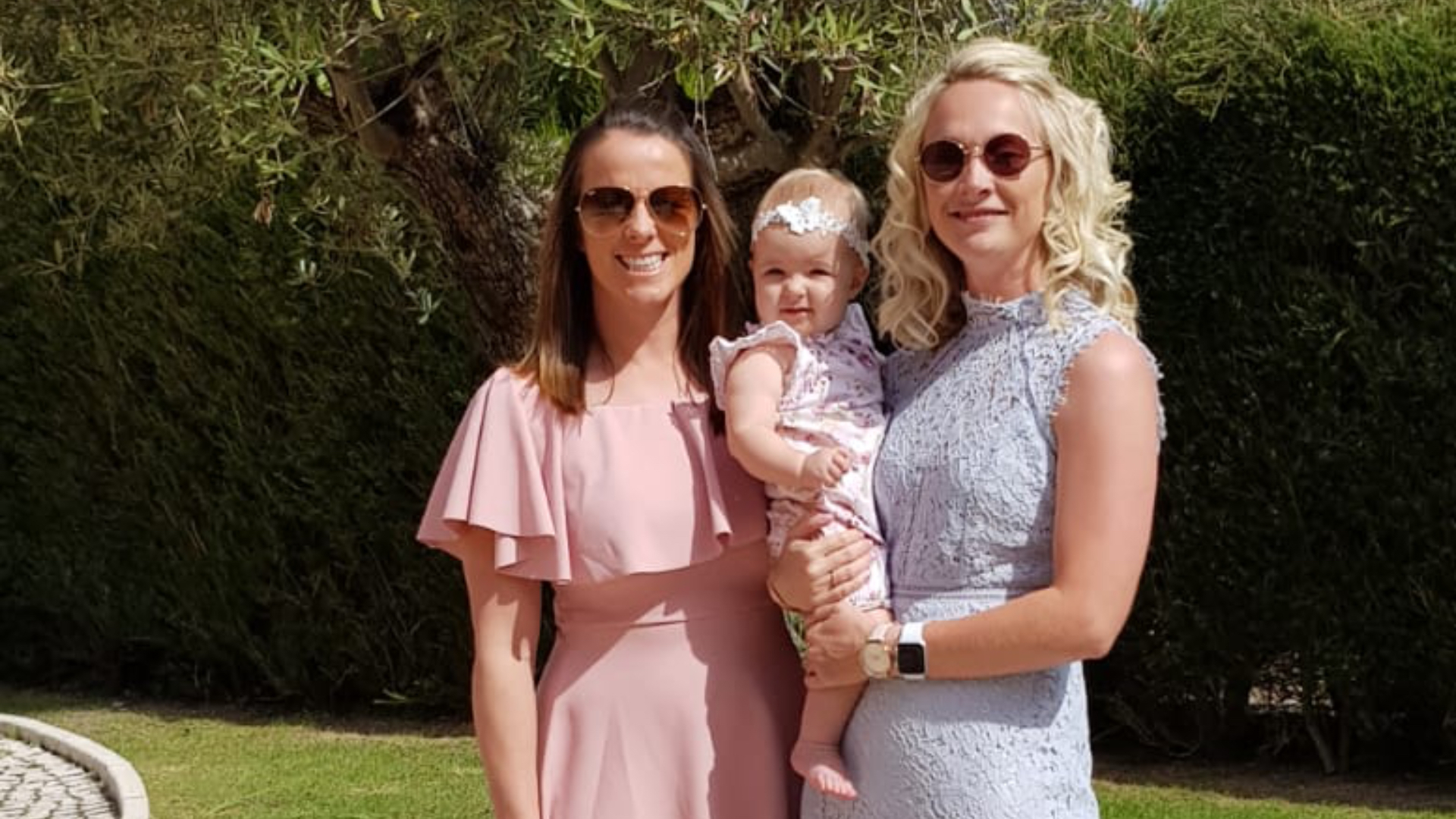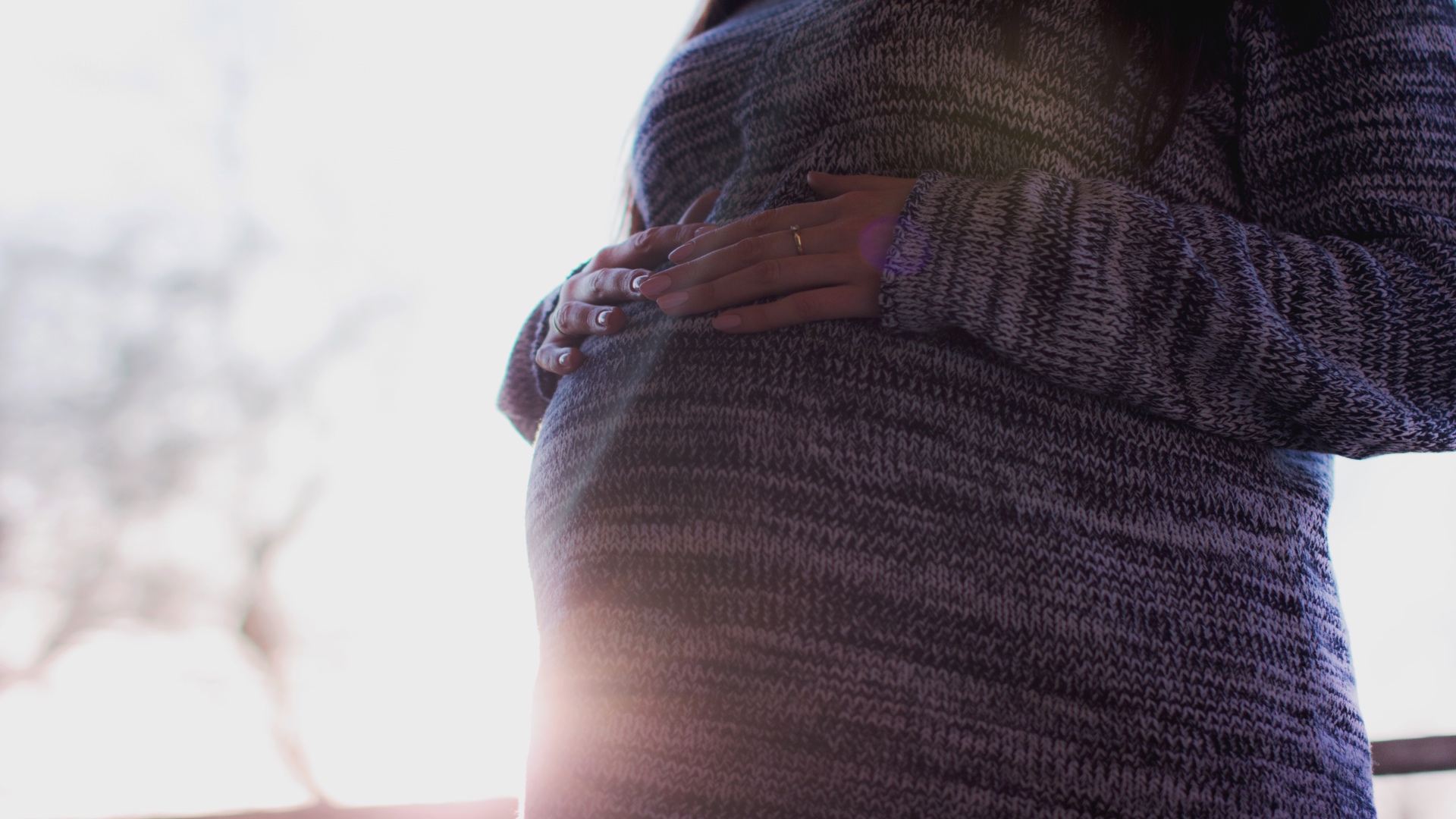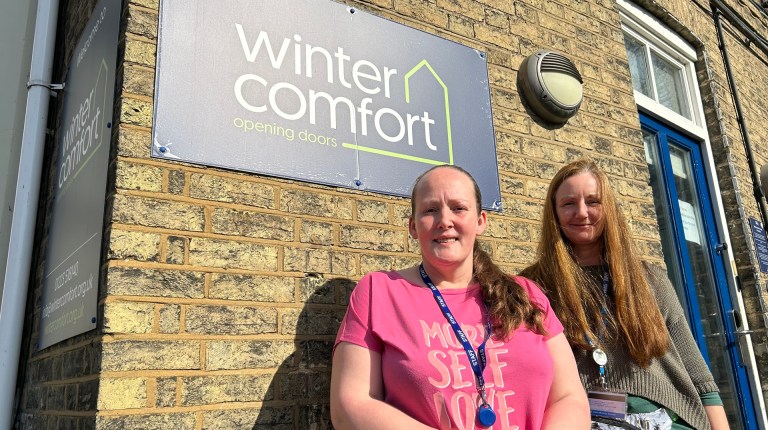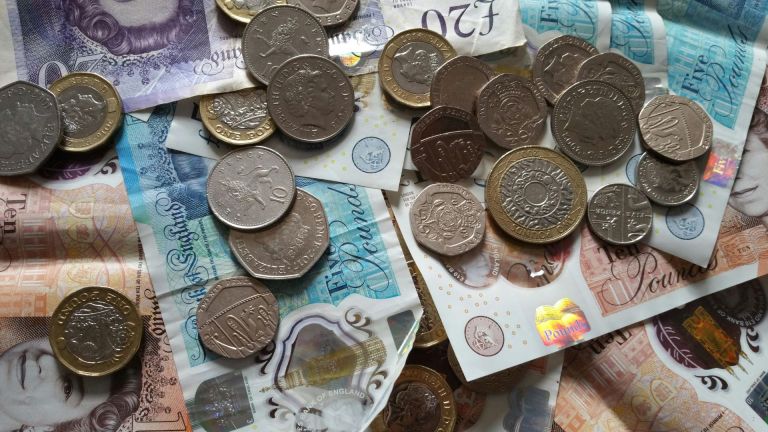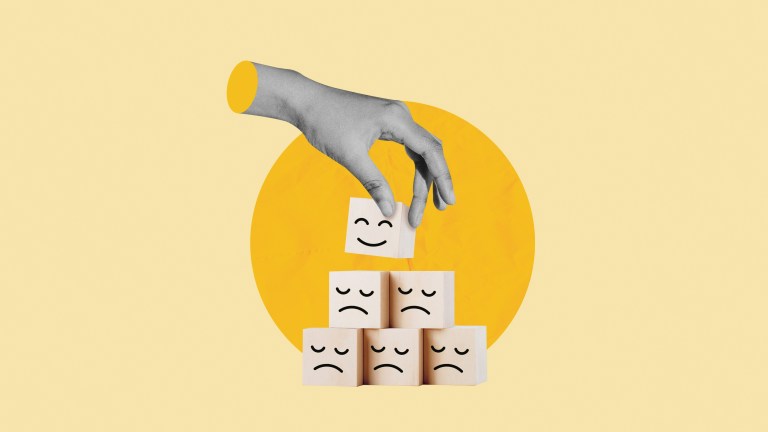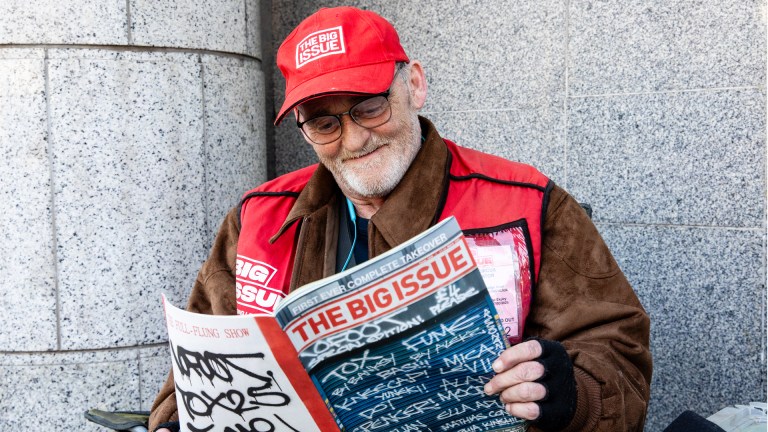LGBTQI+ social media influencers Megan and Whitney Bacon-Evans hit the headlines earlier this month after taking their local NHS group to court, claiming they faced discrimination attempting to access IVF treatment.
The couple, who have been together for 13 years, believe they have faced more hurdles than a heterosexual couple because of their same-sex relationship. And they are not alone. Their experience has brought greater attention to the need for fertility equality in England, and the same-sex couples leading the fight.
According to the NHS website, same-sex couples wanting to conceive have to go through at least 12 privately funded cycles of artificial insemination before being offered IVF through the NHS. It is a policy requirement for at least six of these cycles to be done using a method called intrauterine insemination. This process is a form of artificial insemination undertaken by a trained specialist, where sperm is placed directly into the uterus via a speculum.
By contrast, most heterosexual couples are eligible for NHS-funded IVF from the outset of their journey, if each partner is able to meet certain criteria. The criteria accommodates married couples who are currently childless, for example, and heterosexual couples unable to fall pregnant naturally after two years of unprotected sex.
As a result of the NHS policy, lesbian couples wanting to fall pregnant face no choice but to spend thousands of pounds at private fertility clinics. One round of privately-funded IVF costs around £5,000, with an embryo transfer costing at least £1,500. On top of this, same-sex couples are required to cover the costs of sperm and fertility drugs.
This issue is specifically linked to fertility clinics in England rather than the United Kingdom as a whole. In Scotland, all of those assigned female at birth, regardless of sexuality, are entitled to three attempts of IVF through the NHS. The circumstances are also similar for Wales and Northern Ireland, which both allow at least one fully-funded IVF attempt.
